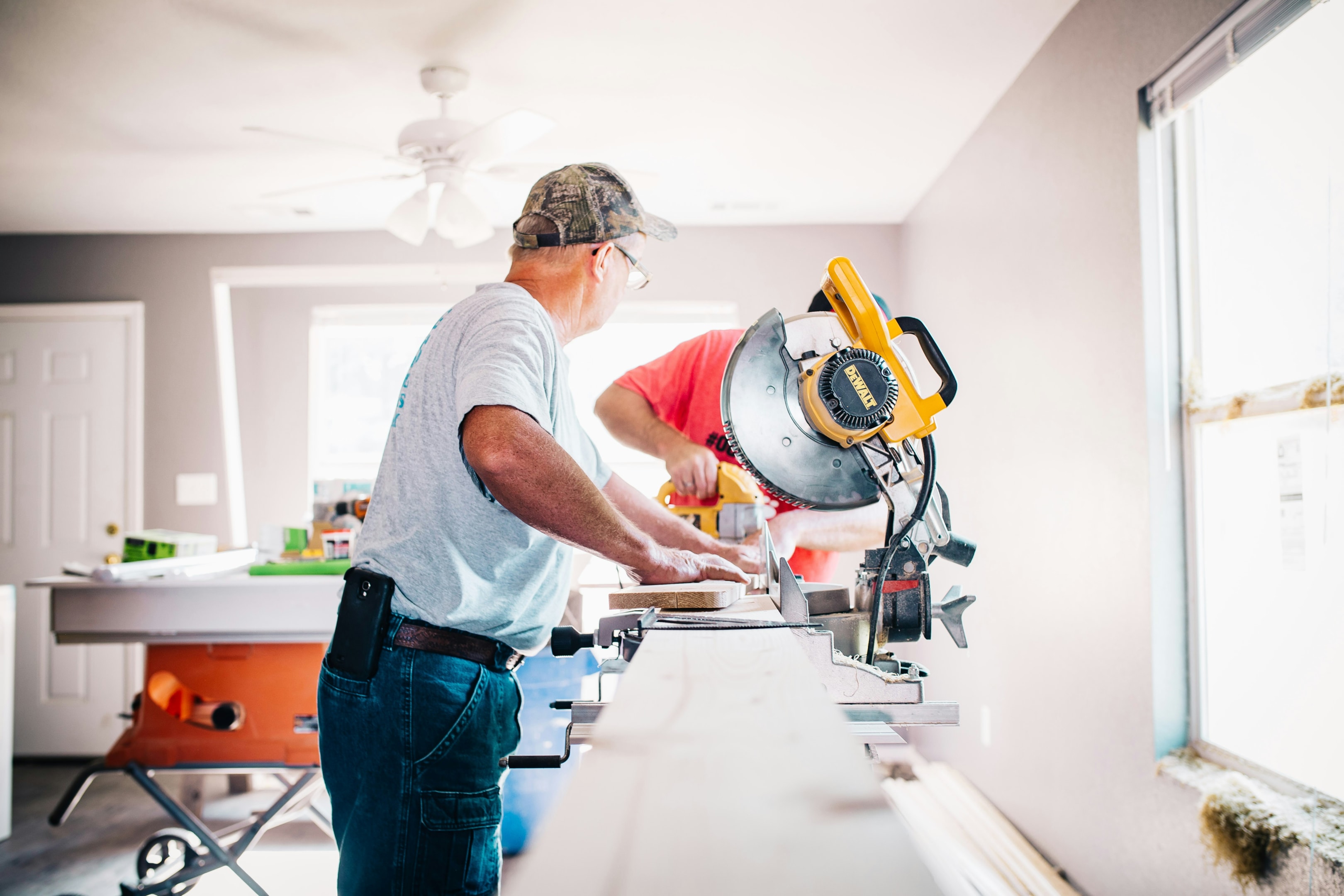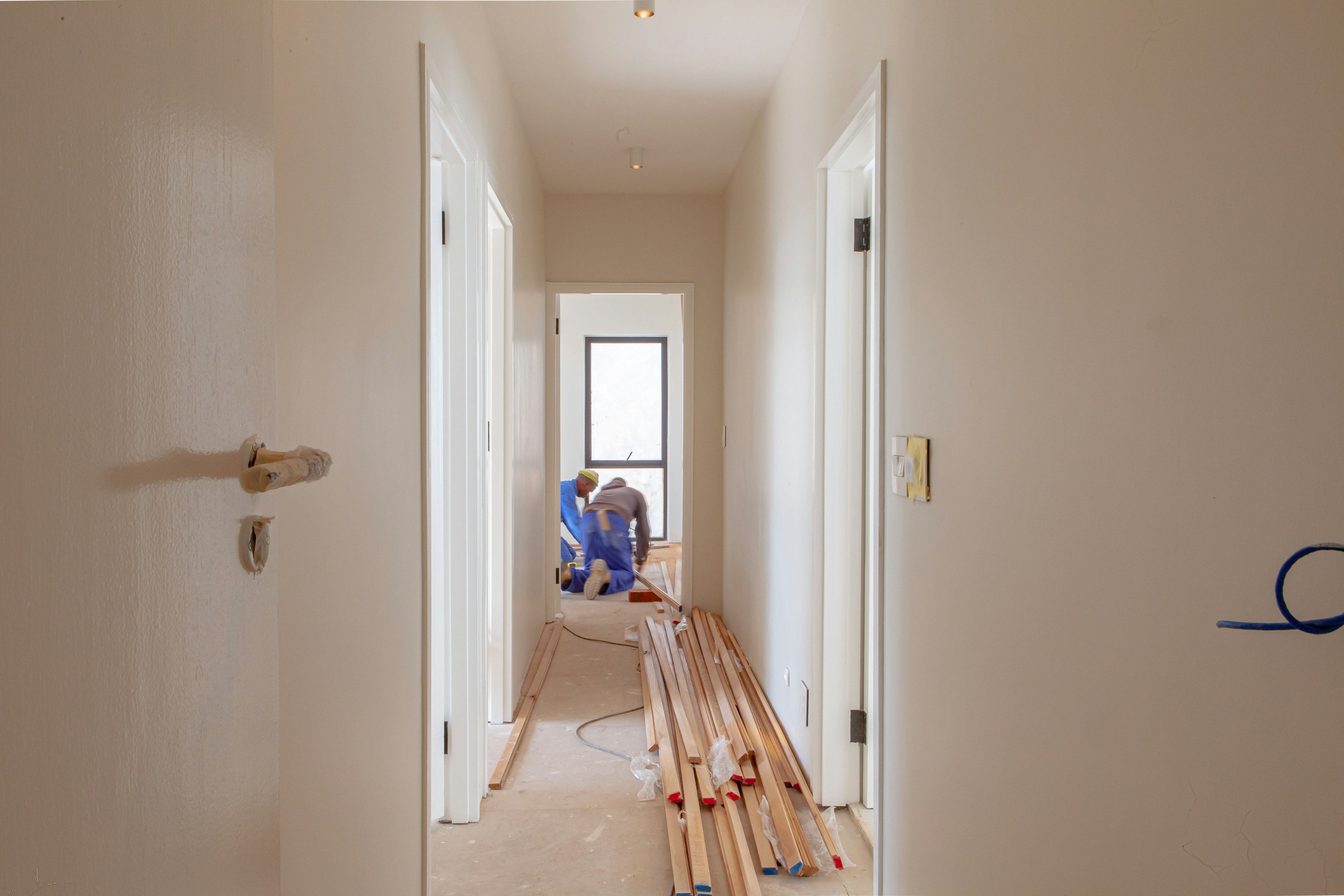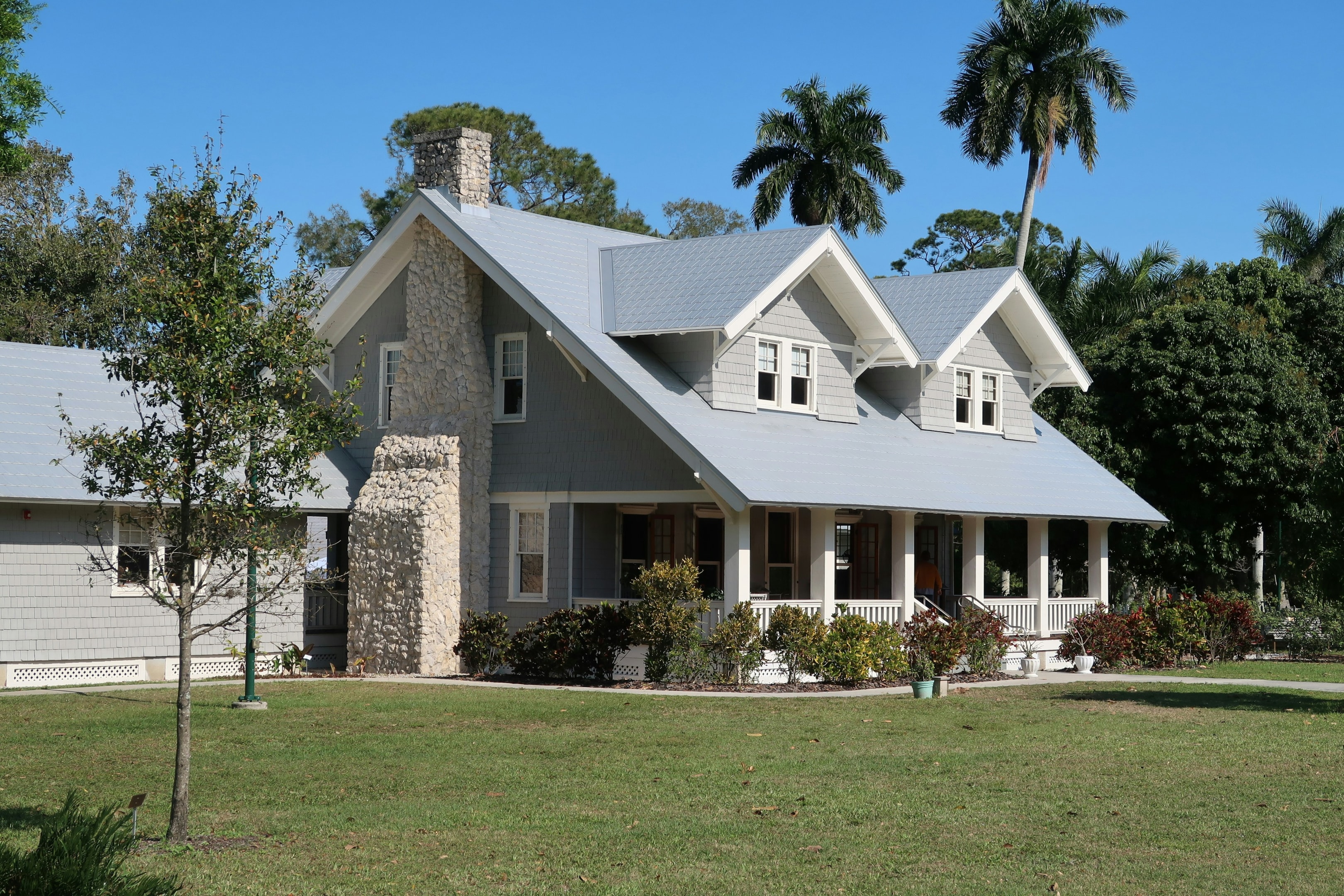Flipping Houses on a Tight Budget: How to Stretch Your Cash and Still Make a Profit
You Don't Need Deep Pockets to Flip Houses
Let's get one thing straight — house flipping isn't just for TV stars or big-money investors. You don't need a six-figure bankroll, a construction team, or a fancy real estate license to start flipping houses. What you do need is hustle, smart planning, and a tight grip on your budget. Flipping houses on a modest budget is entirely doable and helps you develop skills like spotting hidden opportunities, negotiating better deals, and managing lean projects with high returns. Ready to get scrappy and profitable?

Understanding House Flipping: A Quick Primer
What Is House Flipping?
At its core, flipping means buying a property below market value, improving it (typically through cosmetic renovations), and reselling it quickly for a profit. It's all about the margin between your all-in costs and the after-repair value (ARV). If you're new to the business and want to learn more, see What Type of Properties are Best for Flipping Houses Successfully?
Where the Money Goes in a Typical Flip
When flipping houses on a tight budget, it's crucial to understand where your money goes: the purchase price, closing costs like title and insurance fees, holding costs such as utilities, taxes, and interest (which can add up quickly if the property is held too long), renovation costs, and realtor or selling fees. Knowing these numbers inside and out is key to managing every dollar wisely and maximizing your profit potential.
Why Flipping on a Budget Might Be Your Secret Weapon
Being Cash-Strapped Builds Discipline
When you have limited capital, you're compelled to act like seasoned investors by running tight comps, avoiding overpaying, focusing only on high-ROI renovations, and negotiating better deals with contractors. This disciplined approach helps maximize profits even on a tight budget.
Creativity Replaces Cash
You learn to:
Offer seller financing instead of taking out loans
Use sweat equity instead of outsourcing everything
Partner with people who have what you lack
Being low on cash can lead to more resourcefulness, not less success.
Start with a Solid Strategy (That Doesn't Cost You Much)
Wholesaling First to Build Capital
If you can't afford to flip a house yet, consider wholesaling to other house flipping investors. In wholesaling, you find the right property, get it under contract, and then assign the contract to another investor who completes the flip. You earn an assignment fee, often between $5,000 and $20,000, which can help you build the capital needed for your first house flipping project. This strategy enables aspiring investors to enter the real estate market without using their own money, gaining valuable insider knowledge along the way.
Wholetailing as a Gateway Flip
Wholetailing involves purchasing an investment property, performing minimal cleanup or repairs, and listing it for sale as-is. This approach requires a modest renovation budget and allows you to quickly turn over the property to potential buyers. Wholetailing is ideal for savvy real estate investors looking to maximize profits while minimizing holding costs and renovation expenses. It's a powerful financing avenue for those starting to flip houses on a tight budget.

Where to Find Budget-Friendly Properties
Driving for Dollars
One of the most cost-effective lead generation strategies is "driving for dollars," where you drive through neighborhoods looking for signs of neglect such as peeling paint, tall grass, or boarded-up windows. Using apps like DealMachine or Propstream, you can easily obtain owner information and begin outreach to find potential budget-friendly properties for flipping. To learn more about this strategy, read Driving for Dollars: The Ultimate Guide to Finding Off-Market Real Estate Leads.
Target Off-Market Distressed Sellers
MLS deals are tough when you're pinching pennies. Instead, go after:
Probate and pre probate properties (see Understanding Pre Probate vs Probate Leads: Key Differences Explained to learn more)
Tax-delinquent homes
Out-of-state landlords
These owners are often more motivated to sell fast and for less.
Funding Your Flip Without Big Cash Reserves
Hard Money Loans
Hard money loans are short-term, asset-based loans provided by hard money lenders who base approval primarily on the property's value rather than the borrower's credit score. These lenders focus on asset-based lending, making them accessible to investors who may not meet the strict requirements of traditional lenders or banks. While hard money loans typically come with higher interest rates and shorter, more flexible terms than conventional loans, their quick approval process and ability to cover up to 90% of purchase and rehab costs make them a popular choice for house flippers needing fast funding. Hard money works best when the after-repair value (ARV) minus all costs still leaves a strong profit margin.
Private Money from Friends, Family, or Local Investors
Private money lenders and private lenders—individuals or non-institutional sources—can provide flexible funding for flips. "Here's what I'm buying, what it's worth, how long it will take, and what you'll earn." Offer interest payments or profit-sharing. It's a win-win if structured right.
Partnerships
Forming strategic partnerships with experienced real estate investors can provide valuable expertise and increase your chances of a successful flip. Bring your time, hustle, and deal-finding skills. Let your partner bring the money. You split profits 50/50 — a great way to break in without going broke.
Seller Financing
Ask the seller to act as the bank by offering a small down payment and making monthly payments. You can then flip the home and pay them off at resale, which is especially beneficial for inherited homes or absentee owners who don't need a lump sum upfront. To learn more about this method, see Seller Financing in Real Estate: The Smart Alternative to Traditional Loans.

How to Renovate Without Blowing Your Budget
Stick to High-ROI Updates
Forget the full gut job and focus on updates that boost visual appeal and attract buyer interest, such as fresh paint in neutral tones, new affordable and durable flooring like LVP, modern light fixtures, and enhancing curb appeal with simple tasks like mowing, mulching, and pressure washing.
DIY When You Can, Delegate When You Should
Doing your own demo, painting, or cleanup can save thousands. Just be realistic — your time has value, and poor DIY jobs can cost you at resale.
Buy Materials Strategically
To save money on renovation materials, shop clearance racks at Home Depot or Lowe's, visit Habitat for Humanity ReStores, and check Facebook Marketplace and Craigslist for discounted supplies. Planning ahead can also help you avoid rush orders and delivery fees, further stretching your budget.
Avoiding the Costliest Mistakes
Never Skip Inspections
Trying to save $300 on an inspection can cost you $30,000 later. Structural issues, bad wiring, or faulty plumbing aren't always visible, and a thorough inspection helps uncover these hidden problems before you commit.
Always Overbudget (Just a Little)
Have a "Murphy's Law" fund. Unexpected surprises pop up — they always do. Setting aside an extra 10–15% of your renovation budget ensures you're prepared to handle these unforeseen expenses without derailing your entire project.
Don't Underestimate Holding Costs
Taxes, insurance, utilities, loan interest — they add up fast if your flip drags out. Keeping a close eye on your timeline and managing these carrying costs effectively can make the difference between profit and loss.

Managing the Flip Like a Pro (Even if It's Your First One)
Keep Your Crew Lean
Don't hire a general contractor if you can manage a few reliable subcontractors instead—one for paint and drywall, one for flooring, and one licensed for plumbing and electrical work. This approach reduces overhead costs and increases your profit margin.
Use Free Tools to Stay Organized
Google Sheets for budget tracking
Trello or Asana for task management
Canva for DIY marketing materials
You don't need fancy software — you need systems and discipline.
Selling the House Without Spending a Fortune
List It FSBO or Use a Flat-Fee MLS
If you want to avoid paying the typical 5–6% realtor commissions, consider selling your property yourself (For Sale By Owner) or using a flat-fee MLS listing service that costs around $300–$500. Be ready to take quality photos, craft an engaging property description, and manage showings and negotiations on your own to maximize your profits.
Staging Doesn't Have to Break the Bank
Staging your home doesn't require a big budget to make a strong impact. Focus on key areas like the kitchen, living room, and primary bedroom by renting furniture temporarily or using light virtual staging. Adding simple touches such as plants, neutral artwork, and warm lighting can significantly enhance the appeal and perceived value of your home.

Yes, You Can Flip Houses on a Budget
Starting with a small budget might feel like a disadvantage, but it actually serves as a powerful training ground that forces you to sharpen your deal analysis, negotiate better, and manage every dollar like it truly matters. By embracing creative financing strategies and smart renovation tactics, you gain valuable options and leverage that can help you overcome financial constraints. With focus, discipline, and resourcefulness, you can transform a shoestring budget into a thriving and profitable house-flipping business, building the foundation for long-term success in real estate investing.